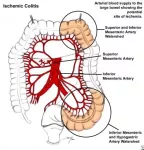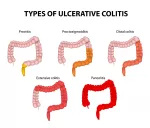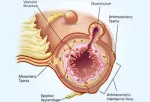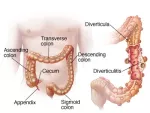
Hepatitis E is an illness of the liver caused by hepatitis E virus (HEV), a virus which can infect both animals and humans.
HEV infection usually produces a mild disease, hepatitis E. However, disease symptoms can vary from no apparent symptoms to liver failure. In rare cases it can prove fatal, particularly in pregnant women.
Normally the virus infection will clear by itself. However, it has been shown that in individuals with suppressed immune systems, the virus can result in a persistent infection which in turn can cause chronic inflammation of the liver.
Symptoms of the Hepatitis E
Symptoms of hepatitis E include:
- yellowing of the skin and eyes (jaundice)
- darkening of the urine
- pale stools
Sometimes symptoms include:
- tiredness
- fever
- nausea
- vomiting
- abdominal pain
- loss of appetite
We advise anyone with symptoms to contact their GP. The illness usually resolves within 1 to 4 weeks.
The average incubation period (the period of time you can have the infection before developing symptoms) for hepatitis E is 40 days with a range of 15 to 60 days.
Risk factors
People who live in or travel to countries with poor sanitation are at most risk. The virus is common in many parts of central and south-east Asia, the Middle East and North Africa, the Mediterranean region, Mexico and South America. Over 60% of all hepatitis E infections occur in East and South Asia.
In Australia, those who eat undercooked pork products, particularly pork livers, are at risk of becoming infected.
Treatment of the Hepatitis E
Most people do not require treatment, as their infections will clear naturally. While infected, we advise avoiding alcohol during the course of their illness.
Pregnant women and older people, those with weakened immune systems, and people with chronic liver disease can experience more severe infections. These patients can require closer observation in case the infection affects theiir liver function
Pregnant women should seek advice from their antenatal carer.
During the first 2 weeks of hepatitis E illness:
- avoid preparing food for others
- limit contact with others if possible, especially pregnant women, or people with chronic liver disease
Close contacts should:
- wash hands thoroughly with soap and warm water and then dry properly after contact with an infected person
- wash hands after going to the toilet, before preparing, serving and eating food










